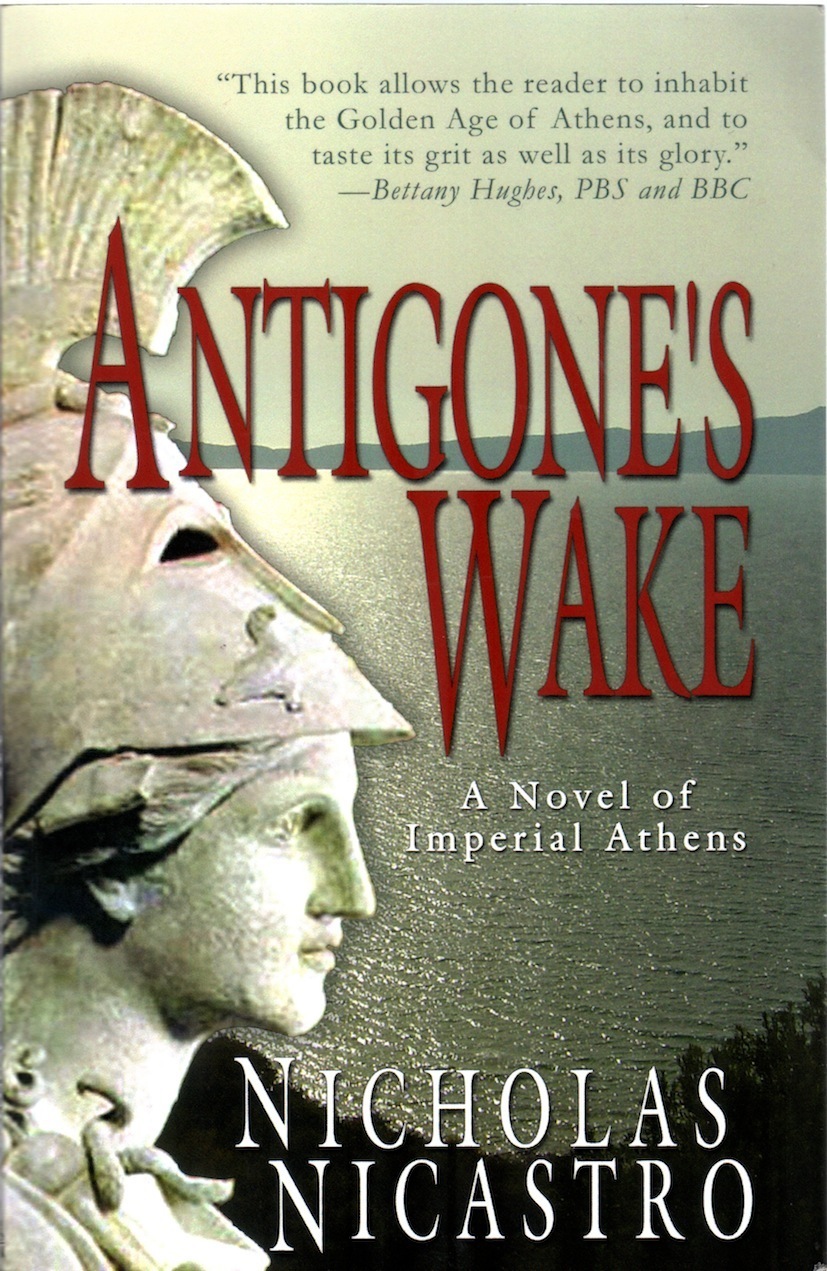There is a lot to like about it. The contrast between the public admiration of Sophocles as a playwright and then as a general contrasted to his inner doubts, confusions, and inconsistencies is nicely done, and ironic, because it makes him like a character in a play by his great rival, the upstart Euripides.

Very nice portrayal of Pericles as a wily politician who proceeds by halfs, temporizes, and stalls to see how things go. The author is ingenious in showing the immorality of the war of Greek (Athens) against Greek (Samos) – the weapons that kill women and children, torture of prisoners, treason, etc.
Loved the ending when at the Funeral Oration Sophocles’s daughter very daintily insults Pericles in public for murdering allies. ‘Noble Pericles, you have presented us with many dead citizens today. Not to celebrate the defeat of barbarians, but all to subdue an allied and kindred city [Samos]. Thank you, great general’ (p. 201-202). While Sophocles agrees with her he rebukes and punishes her, such is his inconsistent and confused nature.
Skip to content
